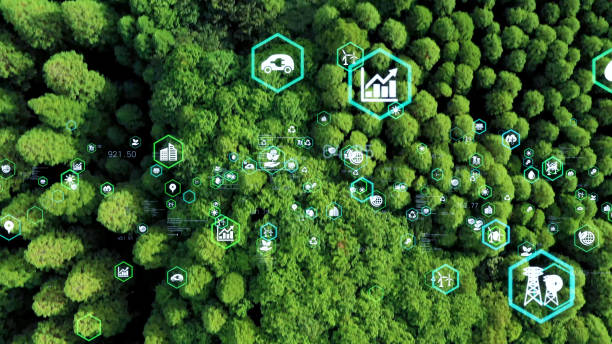As we face pressing global challenges like climate change, resource depletion, and ecological degradation, the need for accessible and innovative solutions is more urgent than ever. Open-source technology has emerged as a powerful tool to democratize innovation, making cutting-edge tools and knowledge accessible to everyone. By breaking down barriers and fostering collaboration, open-source technology is driving a greener, more sustainable future.
The Power of Open-Source
Open-source technology refers to software, hardware, or data that is freely available for anyone to use, modify, and distribute. This approach encourages collaboration and shared learning, accelerating the development of new ideas and solutions. The benefits of open-source technology include:
• Accessibility: By making technology and data freely available, open-source initiatives break down barriers to entry and empower individuals and communities to participate in innovation.
• Collaboration: Open-source platforms facilitate the exchange of ideas and expertise, enabling diverse perspectives to drive progress.
• Adaptability: Users can modify open-source technology to meet their specific needs, fostering the development of localized solutions.
• Cost-effectiveness: Without licensing fees or proprietary restrictions, open-source technology can help reduce costs for users.
• Transparency: Open-source development encourages accountability and trust, as the inner workings of a technology are visible to all.
Open-Source Technology in Action
Open-source technology is already playing a crucial role in promoting sustainable development and environmental stewardship. Some inspiring examples include:
• FarmOS: An open-source farm management platform that helps farmers track and analyze data related to soil health, crop rotations, and livestock management, facilitating more sustainable farming practices.
• Open Energy Monitor: A project that provides open-source tools for monitoring energy consumption and promoting energy efficiency in homes and businesses.
• Open Food Network: A platform and global network of people and organizations working together to build a new food system. Together, we develop open and shared resources, knowledge and software to support a better food system.
• Open Source Ecology: An organization dedicated to creating open-source industrial machines, including the Global Village Construction Set, which offers affordable, eco-friendly alternatives to conventional equipment.
• Public Lab: A community that develops open-source tools and techniques for environmental monitoring and citizen science, empowering people to understand and address environmental issues in their communities.

Fostering a Greener Future
To harness the full potential of open-source technology, we must create an environment that encourages collaboration, learning, and experimentation. This involves:
• Supporting open-source initiatives: Public and private institutions can promote open-source development by offering funding, resources, and recognition.
• Providing education and training: Ensuring that individuals and communities have the necessary skills to engage with open-source technology is crucial for its widespread adoption.
• Building partnerships: Cross-sector collaboration between researchers, industry leaders, policymakers, and grassroots organizations can help to scale up open-source solutions and maximize their impact.
Open-source technology has the potential to democratize innovation and drive a greener, more sustainable future. By making cutting-edge tools and knowledge accessible to all, we can foster a collaborative and inclusive approach to problem-solving, empowering communities worldwide to tackle the pressing environmental challenges of our time.








